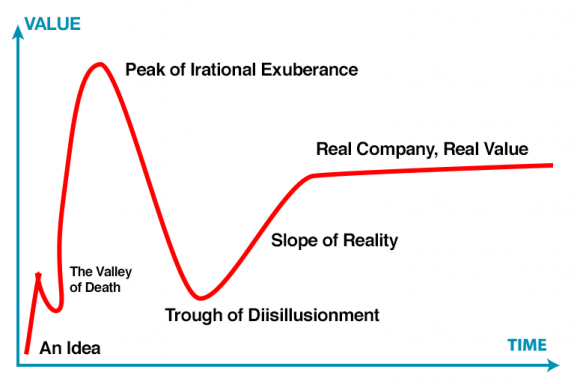
There are a few aspects of venture capital whose origins are lost to history. One of these is the 20% stock option pool. Or more simply, the idea that everyone in the startup should own (at least a small amount of) the equity.
Does this idea date all the way back to Rock and Davis, or did it come later?
Why 20%? Why not 10% or 33% or 50%?
Was this idea ever debated, or did one VC decades ago tout the idea over drinks one evening, everyone agreed, and it was been the norm ever since?
This is one of the details of venture capital missed by the impact investing funds. Which is odd, as it is one of the few socially-minded ideas in traditional venture capital. The idea that everyone should benefit from the wealth generated by startups, not just the founders and investors.
Well… it turns out that idea is rather old, dating back to the original “joint-stock” companies of the 17th Century, and another lesson from the early chapters of Americana.
When the Pilgrims joined the Virginia Company, shareholders paid £10 per share. That capital was used to hire the Mayflower to bring the workers to America, to fill the ship with provisions, and to buy a second ship for use in America (which turned out to be leaky and ultimately left in England).
The workers (presumably just the adult men) each received one share in exchange for seven years of service. In VC parlance, we’d say they receive one share “vested” with a seven clear “cliff”.
The expectation from both investor and worker was that those shares would return somewhere between £100 and £500 of value within those seven years. What today we’d call a “10x-50x return”.
And unlike today, where the norm is for companies to have a perpetual existence, back then the companies were chartered for 7-10 years. But again in the world of traditional venture capital, the expectation is that companies get acquired in less than 10 years, so ultimately the end result is rather similar.
In any case, it is interesting to see how some ideas, like sharing equity with employees, are so good that they last for centuries.














